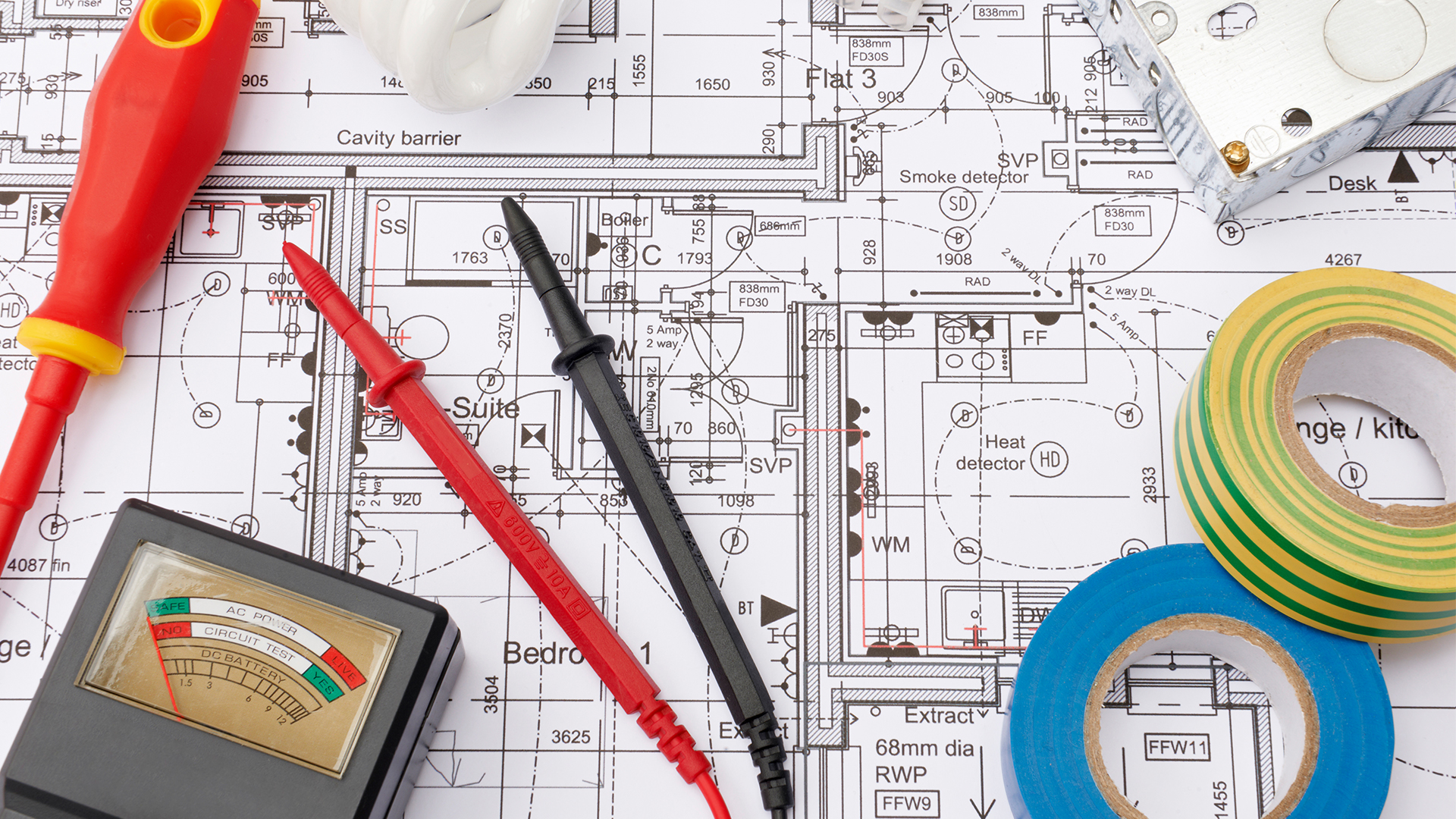The Importance of an EICR
It is recommended that every household should have an EICR at least every ten years, five years if owned by a landlord.
If an electrical fault does occur in your property, and you need to make an insurance claim, then you may find yourself in difficulty, as many insurance companies won’t accept your claim without these electrical checks having been carried out.
An Electrical Installation Condition Report (EICR) is a certificate that details the safety of all electrical installations and fittings within your home, as checked by an electrician.
“Your insurance company will not accept your claim if you do not carry out the electrical checks”
The EICR explained
The EICR comprises of a full check of all fixed wiring and tells the electrician if the electrics are safe, and if they comply with current regulations. What it will do is flag up any potential risks and hazards that could potentially damage your home or you. The checks will include the fuse board, wiring, earth boarding and electrical switches.
What does our Electrician do?
On arrival, the electrician will complete a visual check and assessment. A series of checks will then be conducted. If a problem is found that poses an immediate danger, then they can carry out a repair, on the spot, to ensure that the home is safe. If it can’t be done on the day, then the issue will be made safe as an intermediate repair, until it can be repaired fully.
What if the EIRC Fails?
The electrician will carry out an extensive check of your fuse board. It should have RCD protection Residual Current. On arrival, the electrician will complete a visual check and assessment. A series of checks will then be conducted. If a problem is found that poses an immediate danger, then they can carry out a repair, on the spot,
“If your report fails, we will not charge you if you use us for the remedials”
What’s Changing in 2020
The news about mandatory electrical installation inspections and testing dominated the headlines in the second week of January. Whilst the regulations have yet to be approved by either House of Parliament, the Government’s intention for them to come into force on 1 June 2020 is clear.
The regulations will require electrical installation inspections and testing to be carried out by a qualified person every five years. Landlords must obtain a report of the results and supply it to new tenants before they move in. They must also supply it to any prospective tenant within 28 days if they ask. The latest report should be retained for the qualified person who will carry out the next inspection and test.
If you want to be on top of your compliance start commissioning the required inspections and tests now to get ahead of the curve. We are happy to help anytime, to order click here.







